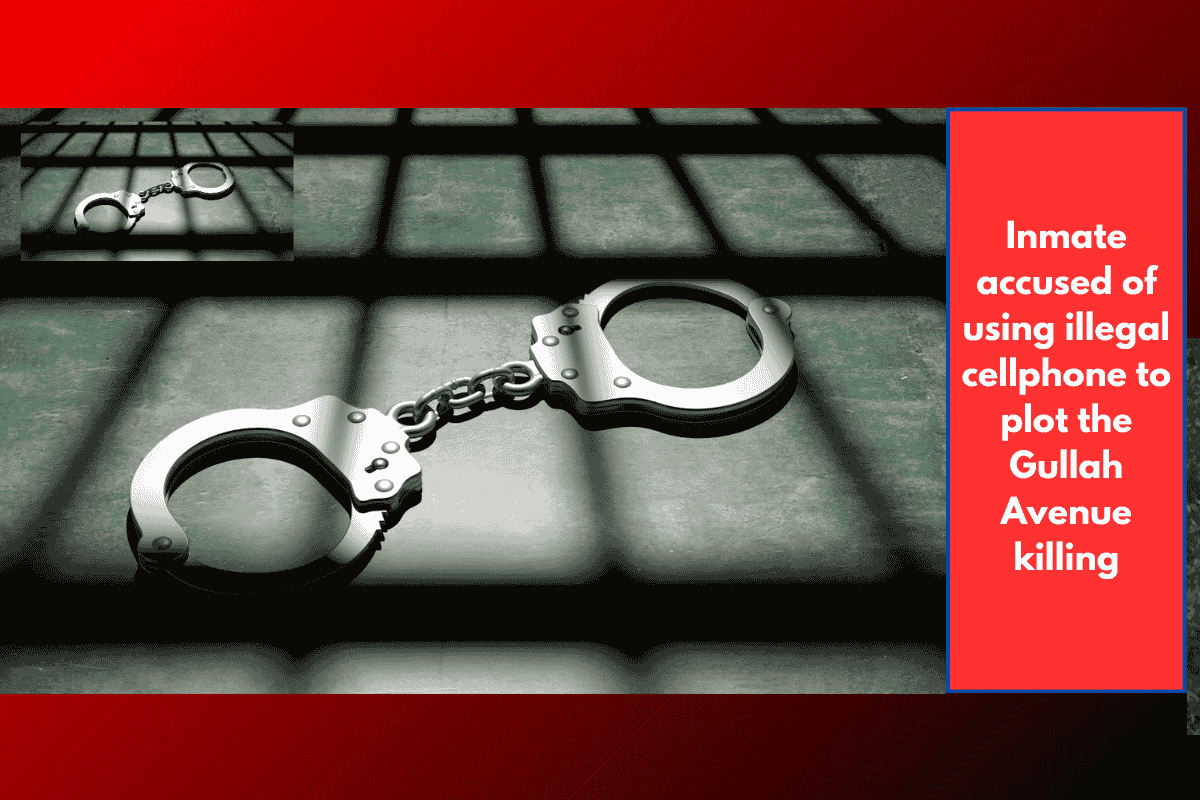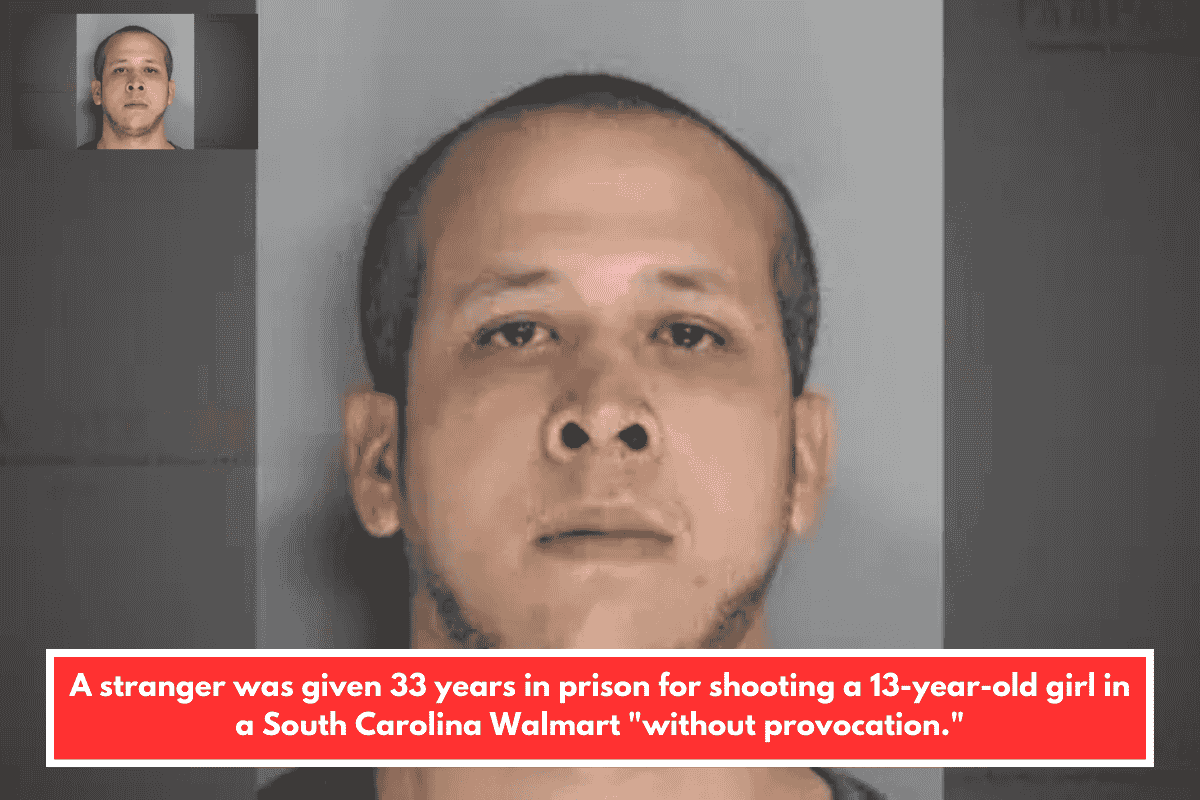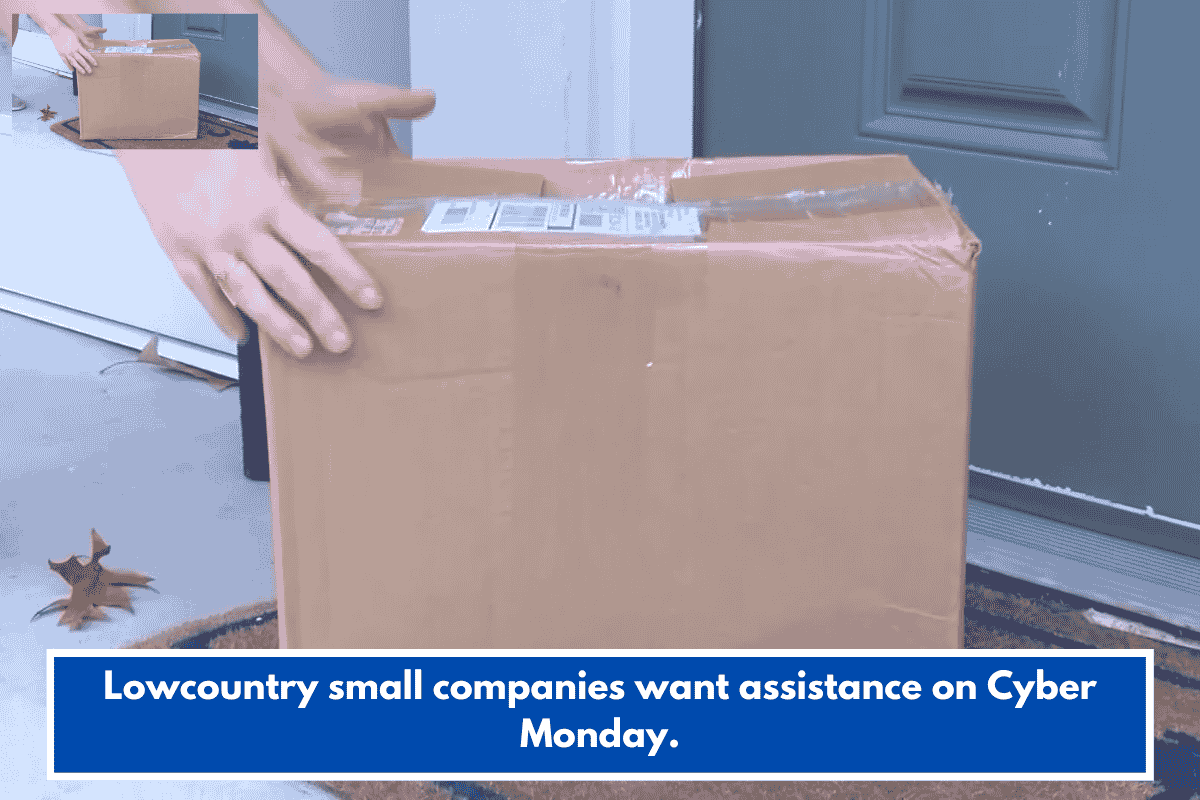A man already serving time in federal prison is now facing new charges for allegedly orchestrating a murder from behind bars in North Charleston. Authorities say he used a contraband cell phone to plan and pay for the killing of another man in 2020, raising major concerns about prison security and violent crime coordination from inside locked facilities.
Inmate Accused of Planning Murder from Federal Prison
Darrell Kasey Williams, 33, was an inmate at a federal prison in Bennettsville, South Carolina, when investigators say he used an illegal cell phone to hire a hitman to kill De’Andre Rivers. The murder took place on May 6, 2020, but Williams was only officially charged in connection with the killing on August 25, 2025.
According to the North Charleston Police Department, Williams communicated with suspected gunman Quinton Taylor over several phone calls in April and May 2020, arranging the details and payment for the murder.
Details of the 2020 Homicide
On the morning of May 6, 2020, North Charleston police responded to a call on Gullah Avenue. When officers arrived, they found a white vehicle with the door open and two bullet holes in the window. Inside the car was the victim, De’Andre Rivers, who had been shot in the chest and under the arm.
At the time, the case was under investigation, and Quinton Taylor was eventually identified as the suspected shooter. He was already being held at the Al Cannon Detention Center on unrelated charges when police added a murder charge against him in the Rivers case.
New Arrest Made in the Case
More than five years after the murder, police announced this week that Williams — still serving time in federal prison — has now been formally arrested and charged as an accessory in the deadly shooting. He was transferred from the federal prison to the Al Cannon Detention Center to face these new charges.
Use of Contraband Phones in Prison Sparks Concern
This case has raised fresh concerns about the use of contraband cell phones in federal prisons, a growing problem nationwide. These illegal devices are often smuggled into prisons and used by inmates to coordinate criminal activity, including drug trafficking and violent crimes, from within their cells.
Despite multiple efforts by correctional institutions to crack down on these phones — including body scanners, stricter searches, and signal jamming technologies — enforcement remains inconsistent, especially in older prison facilities.
What Happens Next
Williams will now go through court proceedings in Charleston County to face his new charges. Meanwhile, the investigation continues into whether anyone else may have been involved in carrying out or supporting the hit.
It’s unclear what motive Williams had for arranging Rivers’ murder, or what his relationship was with either Rivers or Taylor. Authorities have not shared additional details publicly.
The arrest of Darrell Kasey Williams shows the disturbing reality of how serious crimes can be planned and executed from inside prison walls, thanks to contraband phones and external connections. As the legal process moves forward, the case will likely renew calls for tighter prison security and stronger measures to stop inmates from using illegal communication devices to coordinate violence on the outside.














